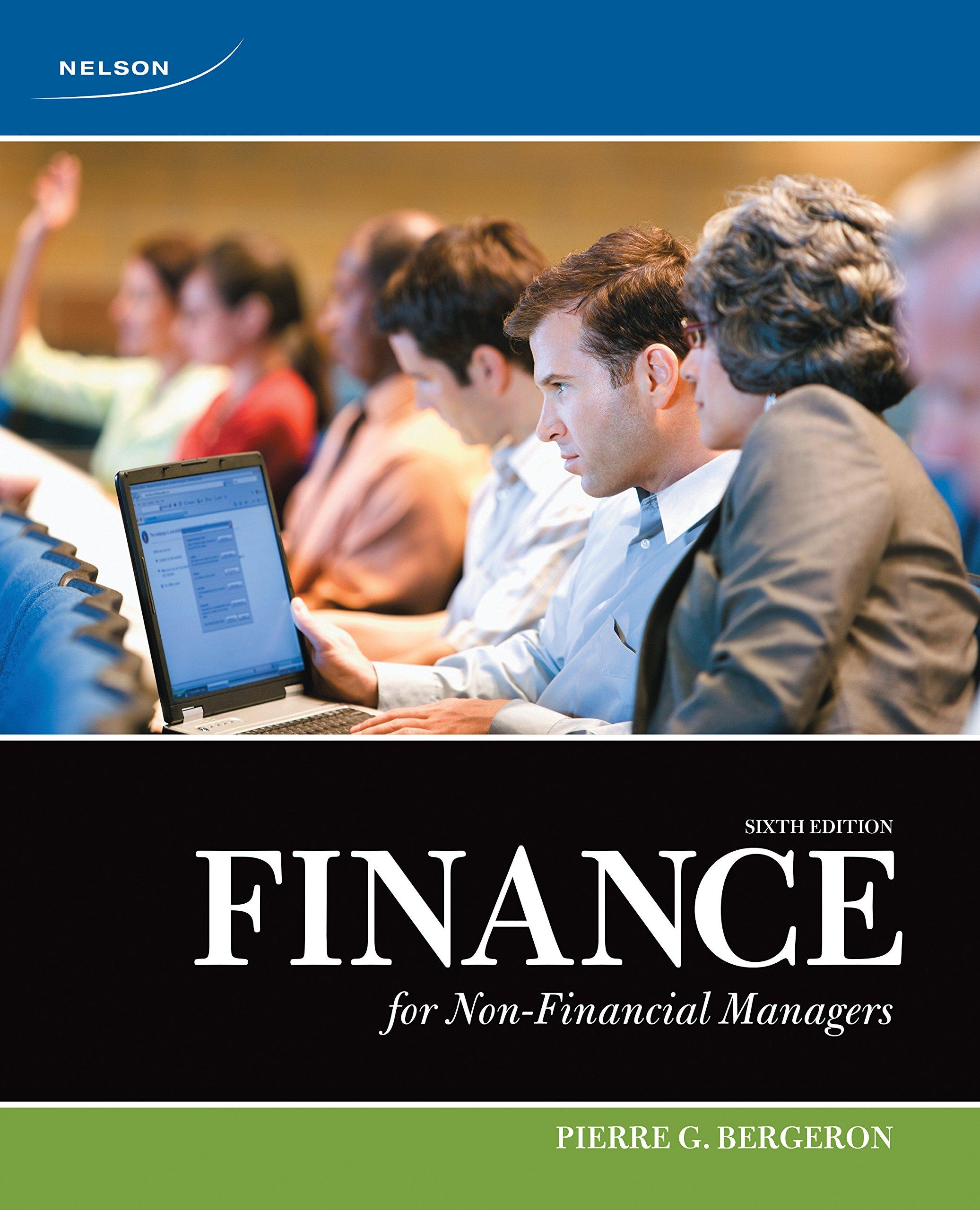
1. Below lists a number of possible facts about investor or price behavior. Please ar- ticulate how you would make money by exploiting these mistakes and the reasoning behind your strategy. The first one is given as an example. (a) Fact: most retail investors naively buy stocks of companies that make products they are familiar with (e.g. McDonald's) and ignore companies they never heard of. Answer: this will tend to make less popular stocks undervalued and pop- ular stocks overvalued. Therefore, I would exploit this by going long the unpopular stocks and short the popular ones. (b) Fact: many investors prefer "lottery stocks: companies that have low prices but have a small probability of price suddenly jumping up by a lot. (Their payoff is similar to lottery). Please explain how you would exploit this fact. (c) Fact: corporate bonds have credit ratings that indicate their default risk. The most highly rated is AAA (almost no default risk), followed by AA, A, BBB, 1 BB, B, and C. Bonds with ratings at or better than BBB is called "investment grade"; worse bonds are called "high yield" or "junk bonds". Many institu- tional investors (e.g. pension funds) are legally prohibited to hold high-yield funds. Note that credit ratings do go up or down over time. If a bond gets downgraded from BBB to BB, all those funds will have to sell. (d) Fact: company insiders (eg. CEOs) often have a better idea whether their stock is over- or under-valued and will trade accordingly to gain profits for themselves. Insider trading is publicly disclosed in SEC form 4 - therefore, we know who bought and sold. 1. Below lists a number of possible facts about investor or price behavior. Please ar- ticulate how you would make money by exploiting these mistakes and the reasoning behind your strategy. The first one is given as an example. (a) Fact: most retail investors naively buy stocks of companies that make products they are familiar with (e.g. McDonald's) and ignore companies they never heard of. Answer: this will tend to make less popular stocks undervalued and pop- ular stocks overvalued. Therefore, I would exploit this by going long the unpopular stocks and short the popular ones. (b) Fact: many investors prefer "lottery stocks: companies that have low prices but have a small probability of price suddenly jumping up by a lot. (Their payoff is similar to lottery). Please explain how you would exploit this fact. (c) Fact: corporate bonds have credit ratings that indicate their default risk. The most highly rated is AAA (almost no default risk), followed by AA, A, BBB, 1 BB, B, and C. Bonds with ratings at or better than BBB is called "investment grade"; worse bonds are called "high yield" or "junk bonds". Many institu- tional investors (e.g. pension funds) are legally prohibited to hold high-yield funds. Note that credit ratings do go up or down over time. If a bond gets downgraded from BBB to BB, all those funds will have to sell. (d) Fact: company insiders (eg. CEOs) often have a better idea whether their stock is over- or under-valued and will trade accordingly to gain profits for themselves. Insider trading is publicly disclosed in SEC form 4 - therefore, we know who bought and sold







